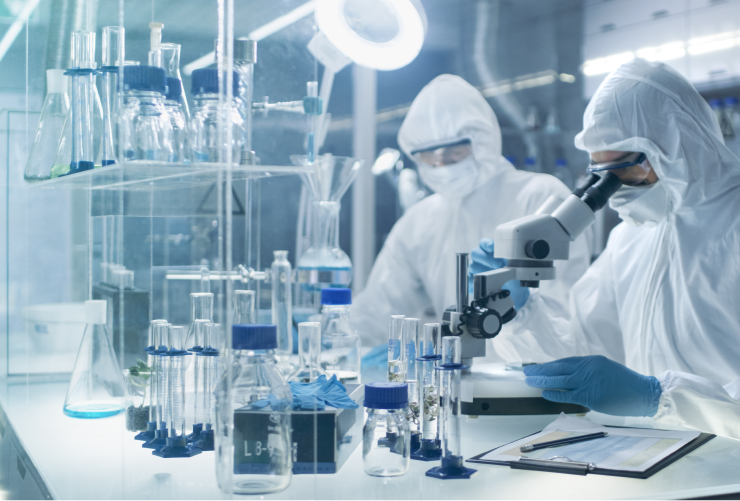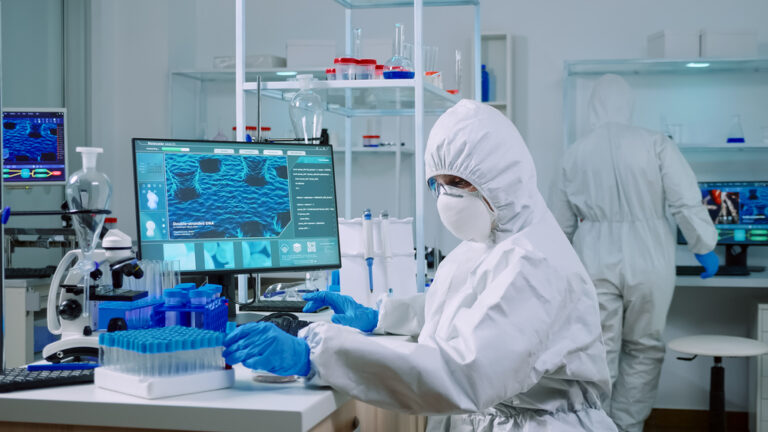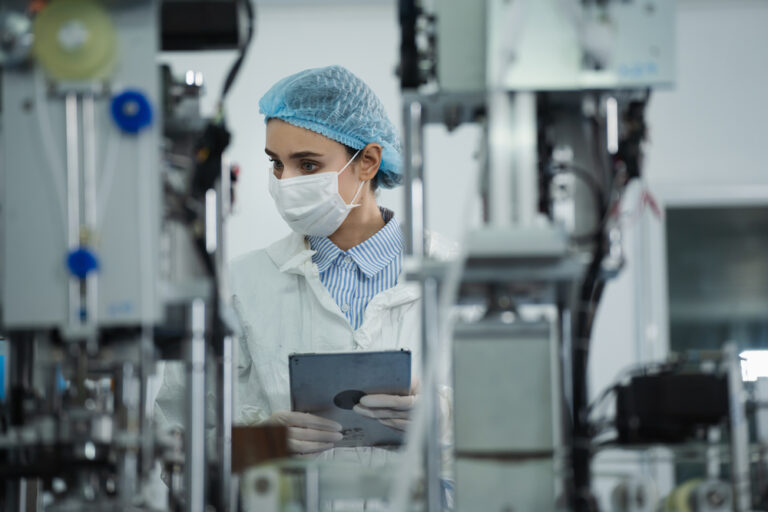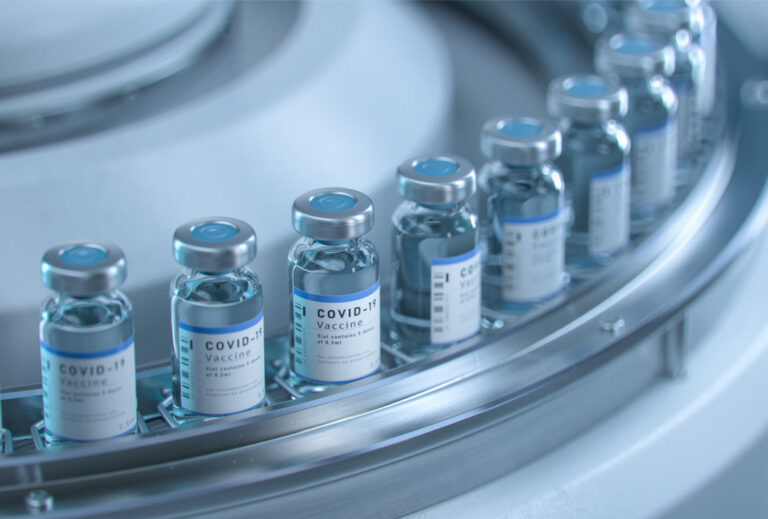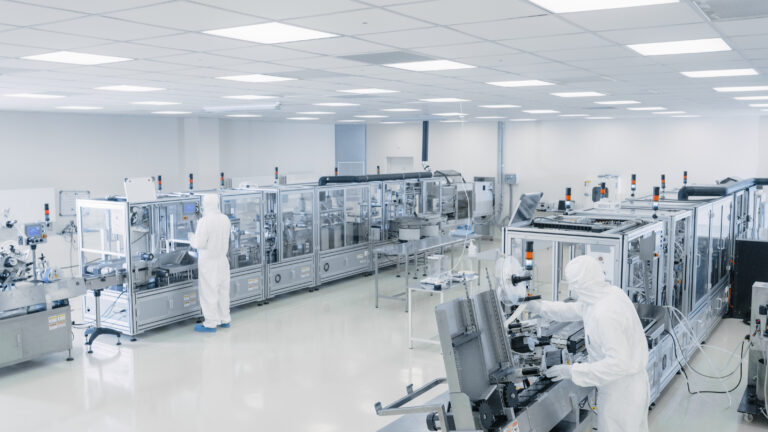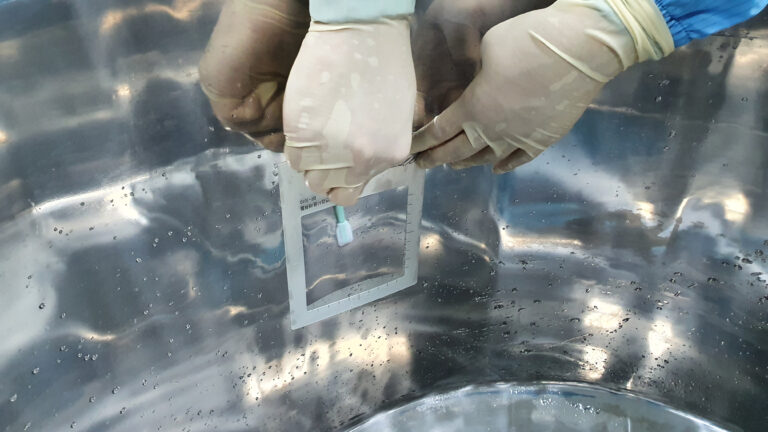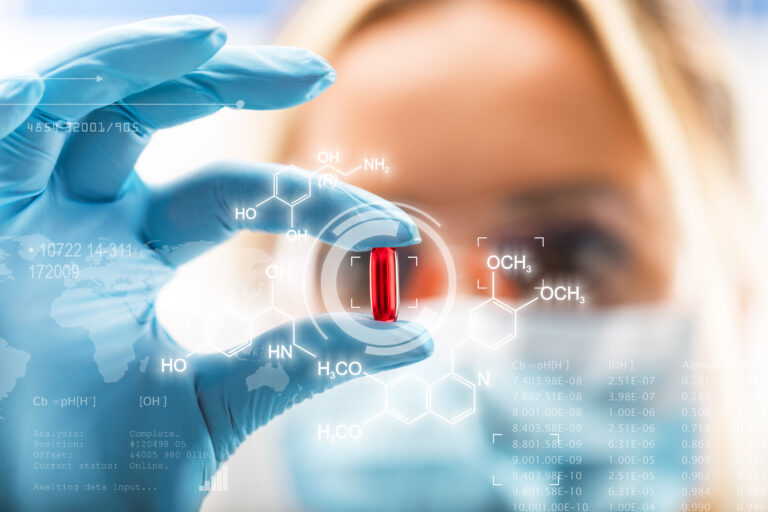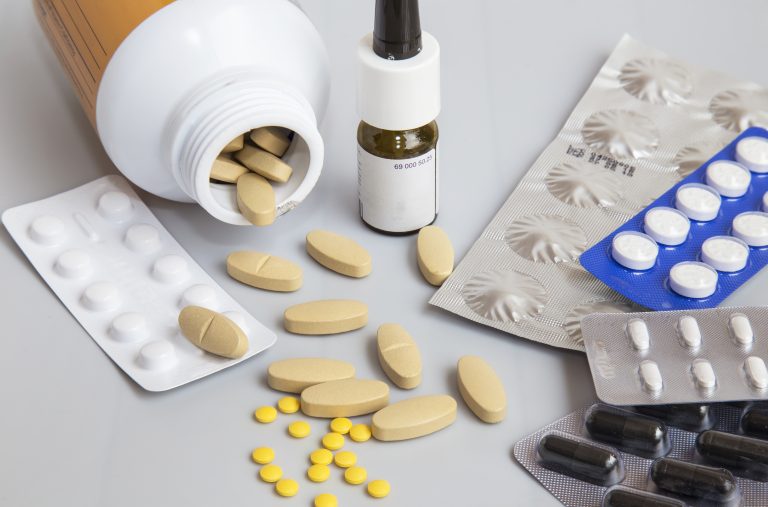Before consuming any type of medicine, they need to be tested and approved for consumption in prepared pharmaceutical laboratories, so that they can be sold and consumed by the population. In this article, we will see in some topics how these processes work and their main function.
The main objective of quality control in the Pharmaceutical Industry is to test the drugs in their various stages of production, verifying that they are able to proceed to the next stage and release the manufacturing process in accordance with the regulations and specifications required for consumption.
For complete control of the quality of the medication that is being produced, they need to be tested in several work areas. The main areas of research and analysis are:
- Physical-Chemical Laboratory
- Microbiological Laboratory
- Packaging Material Laboratory
- Process Control Laboratory
There are some necessary regulations so that there is a correct production and quality control of medicines. Each country has its rules and laws that govern these processes and each industry must follow and have the proper authorizations for production. To ensure that the rules and laws are being applied correctly, there are internal and external audits, aiming at the inspection of good medicine manufacturing practices.
Analyzes are performed according to what each drug requires and depending on the phase this drug is in. In the physical-chemical laboratory, controls of all types are carried out, from the simplest to the most complex. We can mention as simple analyzes the product’s appearance, hardness, density and pH. As more complex, we can mention the most used method today in the largest pharmaceutical industries in the world, the content of the product (dosage), carried out in a device called HPLC (High Performance Liquid Chromatography).
Each product goes through a production process and in a physico-chemical laboratory it is analyzed from the raw material, passing through the initial product, final product and stability study. Each phase requires special attention in its tests, following the literature established by the countries of dispatch and consumption of the drug. In Portugal, the European Pharmacopoeia is used as the main literature.
- Raw Material
Raw material means any substance, active or not, and whatever its origin, used in the production of medicine, whether it remains unchanged or changes or disappears during the process. Raw materials thus include excipients and active substances.
- Intermediate Product
Intermediate product is the partially processed mixture of the raw material with the necessary inputs in their due measures that must be subjected to subsequent manufacturing steps before becoming a bulk product.
- Bulk or Finished Product
Bulk or finished product is any product that has gone through all the stages of production of the medicine before the packaging process is completed. Sterile products in their primary packaging are considered bulk products.
- Stability
A stability study is the monitoring of each medication or pharmaceutical input from time to time to ensure that it maintains or does not lose a large percentage of its effectiveness. It is also carried out in the laboratory, as well as the other phases of the product, and can provide evidence on how these substances may vary over time from the influence of environmental factors such as temperature, light and humidity.
It is very important that each information, activity and deviation is properly registered and identified by the quality control. An unrecorded activity is seen as an unfulfilled activity.
Each person who works in quality control in the Pharmaceutical Industry , must be qualified according to their area of expertise to perform their duties. Academic qualifications are extremely important, but there are also training courses for each function, equipment and rule applied in the sectors that the company must provide to employees.
Quality control of the manufacture of medicines is essential to ensure that medicines are produced in the correct way and that they are fulfilling their main purpose, the treatment or cure of a disease.

Post was written by Gabriela, Life Sciences Consultant



